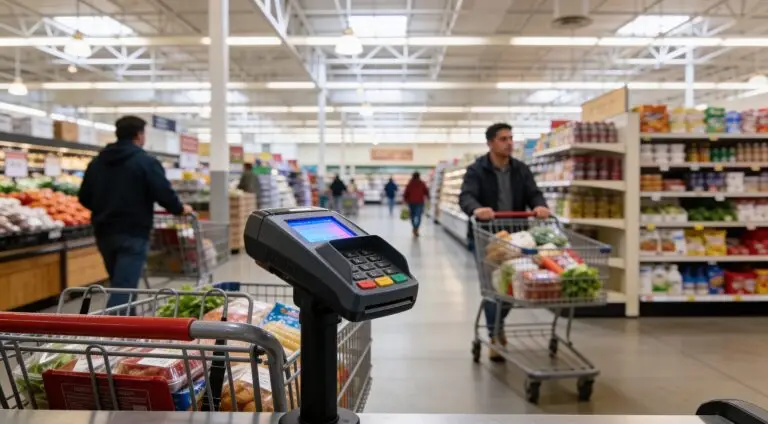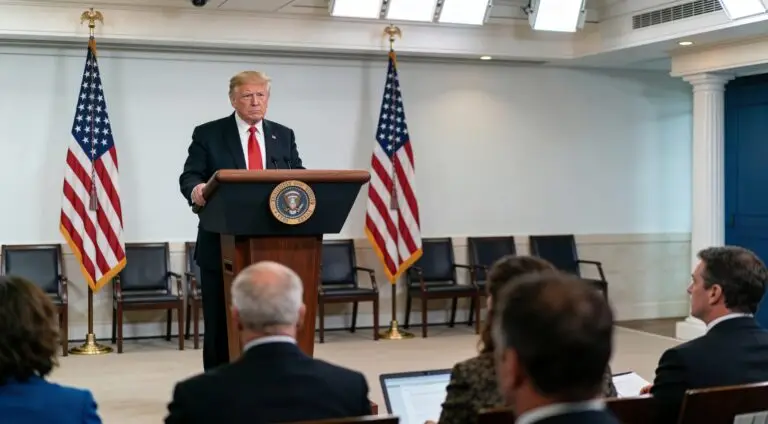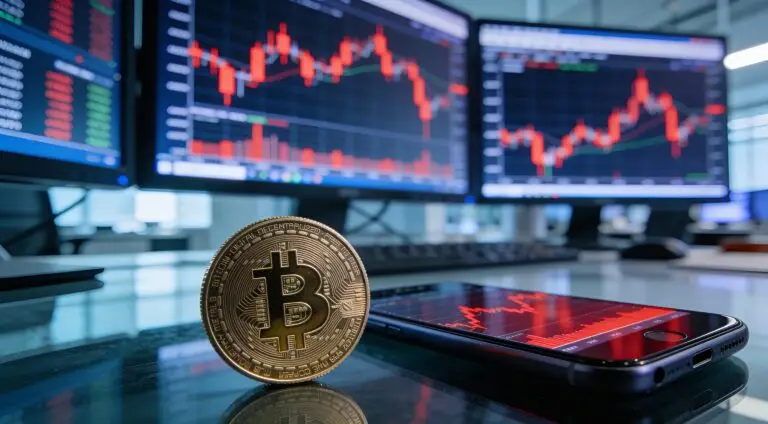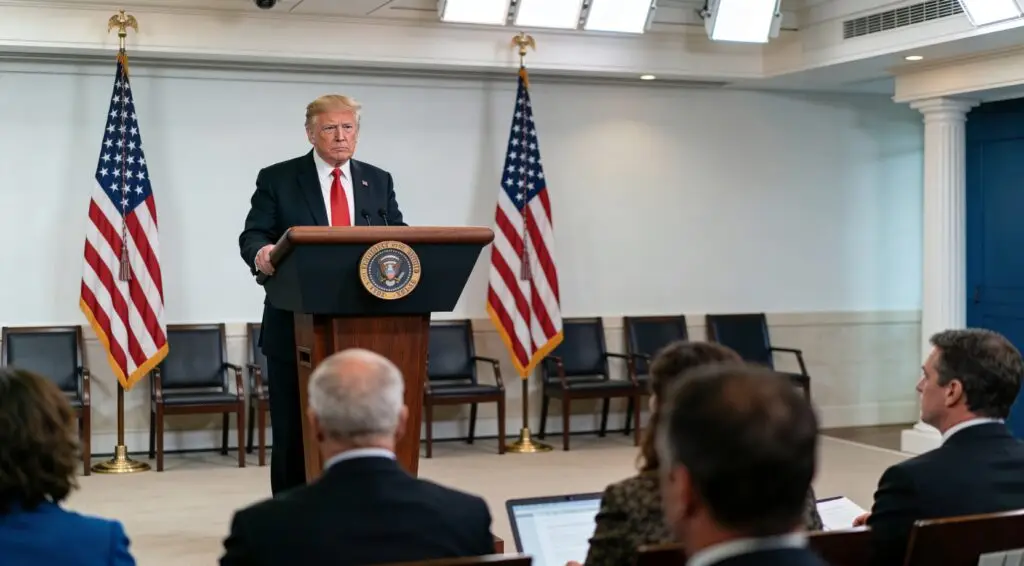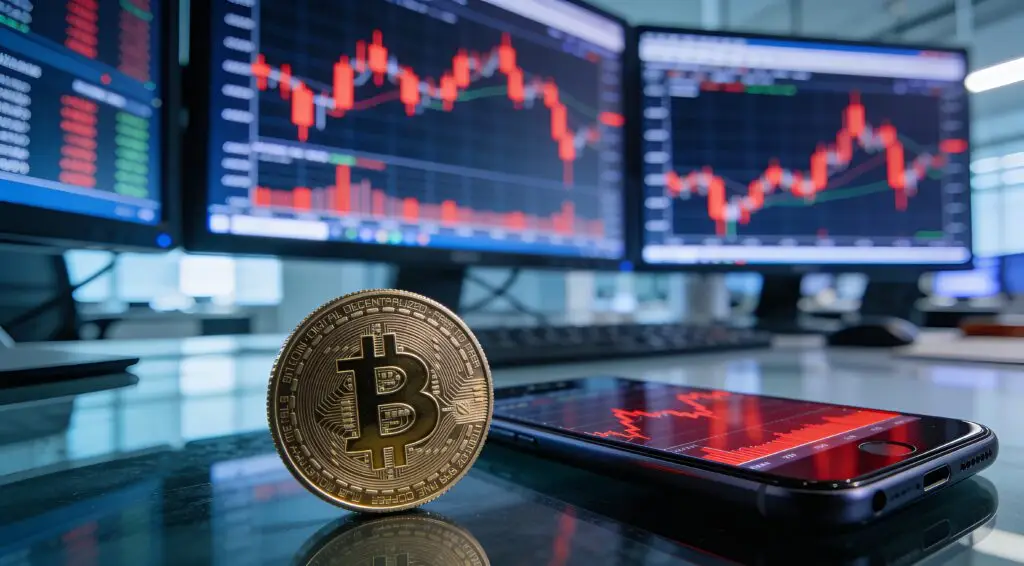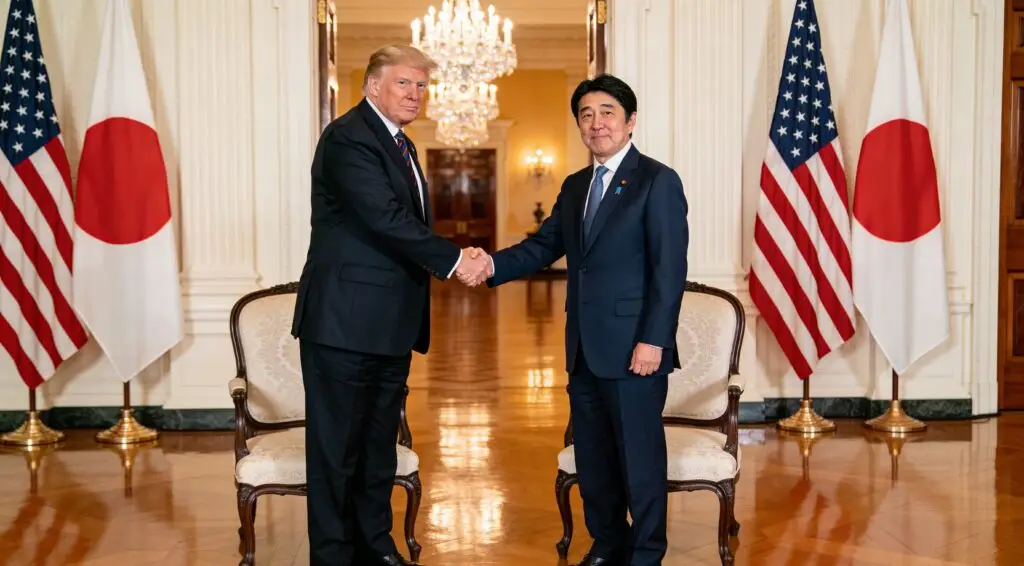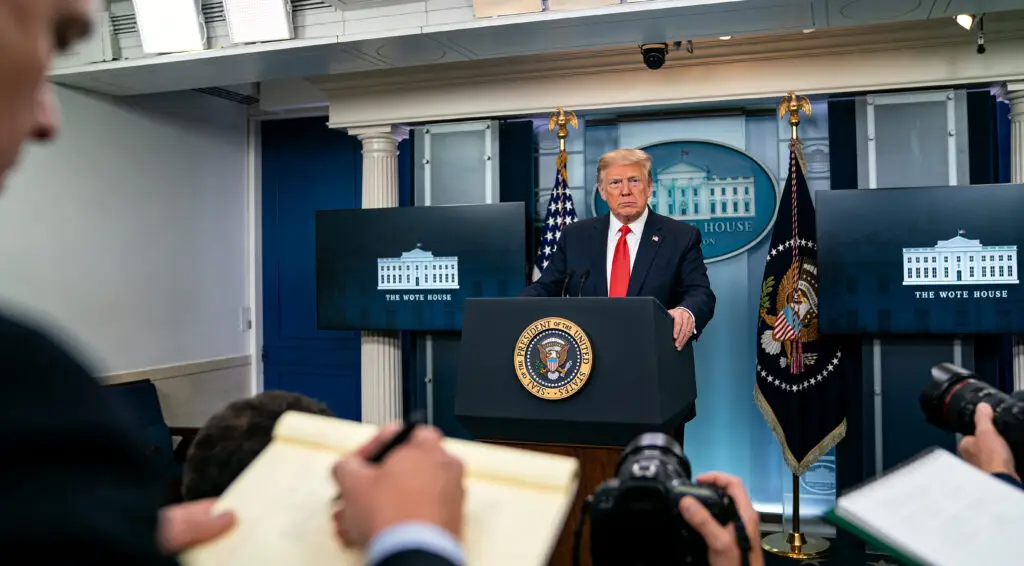Just days after President Lee Jae-myung’s inauguration, South Korea’s Democratic Party has introduced a bold new legislative package aimed at transforming the country’s digital asset landscape. The proposed Digital Asset Basic Act, formally submitted on June 10, sets out to establish a comprehensive regulatory framework for cryptocurrencies, stablecoins, and digital asset service providers.
Lawmaker Min Byeong-deok, who announced the bill during a press conference, described it as a “foundational step towards comprehensive regulation of digital assets.” The legislation, Min explained, is designed to improve investor protection, enhance market transparency, and position South Korea as a leader in the global digital economy.
This new proposal builds on the Virtual Asset Investor Protection Act, which took effect in July 2024 and focused primarily on safeguarding investors. But the Digital Asset Basic Act goes much further—redefining how the country will approach everything from token issuance to market conduct, with particular emphasis on stablecoins.
Stablecoins at the Centre of the Reform
A core feature of the proposed legislation is the creation of a licencing regime for Korean won-backed stablecoins. Issuers of these digital currencies would be required to maintain a minimum capital of ₩500 million (roughly $367,890 USD) and secure approval from the Financial Services Commission (FSC).
The act also mandates strong safeguards for user protection, including bankruptcy remoteness and strict reserve management practices, ensuring that user redemption rights remain intact even if the issuer becomes insolvent.
Min, who chaired the Democratic Party’s digital asset committee during President Lee’s campaign, stressed the urgency of building a domestic stablecoin framework to counter the dominance of U.S. dollar-backed tokens like USDT and USDC.
A New Regulatory Architecture
Beyond stablecoins, the Digital Asset Basic Act sets the stage for holistic oversight of the digital asset market. It introduces new licencing, registration, and reporting requirements for all companies operating in the sector.
To coordinate national policy, the bill would establish a Digital Asset Committee under the President’s office, tasked with aligning cross-agency strategy and promoting innovation in the sector.
A separate organisation, the Digital Asset Industry Association, would be formed to monitor market practices and evaluate token eligibility for exchange listings. The association would operate through dedicated subcommittees, helping to standardise practices across the country’s crypto exchanges.
In addition, the FSC would be granted expanded investigative powers to crack down on market misconduct, including the authority to levy penalties for unfair trading activities.
Aligning Regulation With a Pro-Crypto Agenda
The proposal is the first major policy signal from President Lee, who won the June 4 election with over 49% of the vote and campaigned on a pro-crypto platform.
Among his campaign promises were legalising spot crypto exchange-traded funds (ETFs), expanding institutional access to crypto markets, and enabling the national pension fund to invest in digital assets.
Lee’s administration appears eager to move swiftly. The introduction of this bill just six days into his presidency signals that digital assets will remain a high priority in his economic strategy.
For supporters of crypto regulation in South Korea, the bill is seen as a necessary step to balance growth and innovation with clear legal boundaries. “We must create a stable environment where both users and providers feel protected and confident,” Min said during the announcement.
Towards a Global Crypto Regulatory Model?
With this move, South Korea joins a growing list of countries trying to bring digital asset markets under formal regulatory control. But unlike many jurisdictions, Seoul is attempting to leapfrog incremental policy changes with a unified legislative blueprint.
The Digital Asset Basic Act not only aims to shield retail investors and ensure accountability for service providers but also reflects South Korea’s ambition to become a global hub for digital finance.
If passed, the bill could reshape the way crypto operates in one of Asia’s most tech-savvy economies—and potentially serve as a model for others navigating the complex terrain of digital asset regulation.


